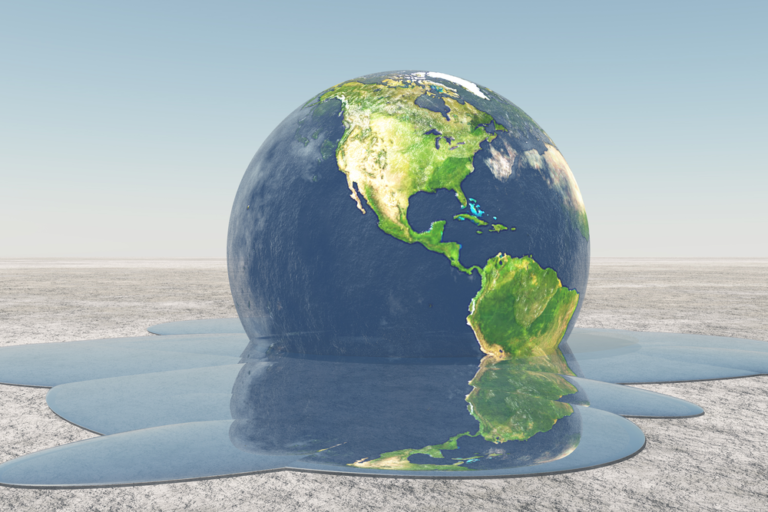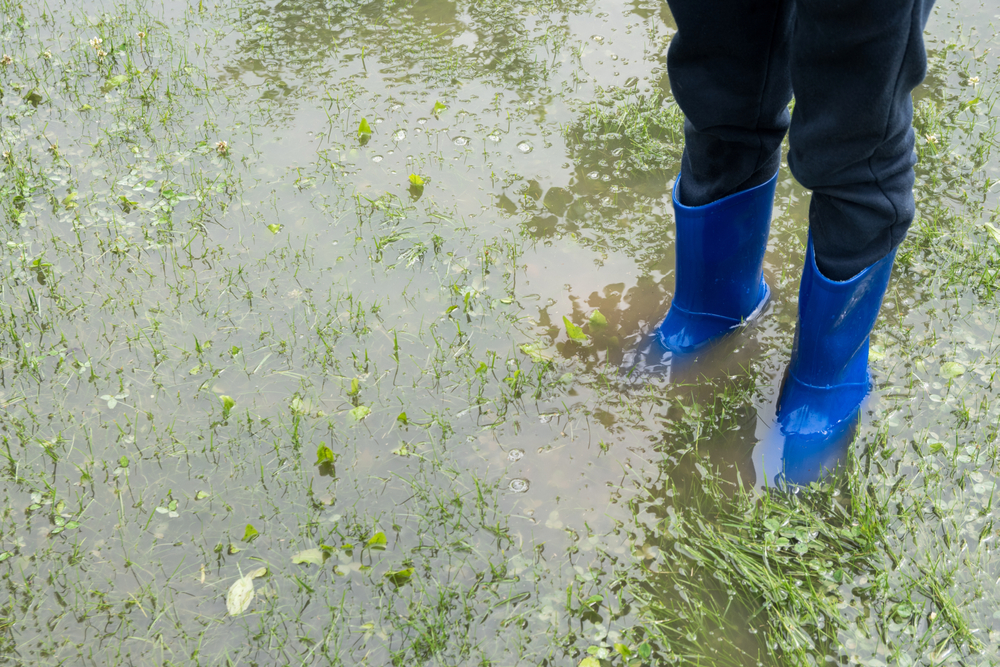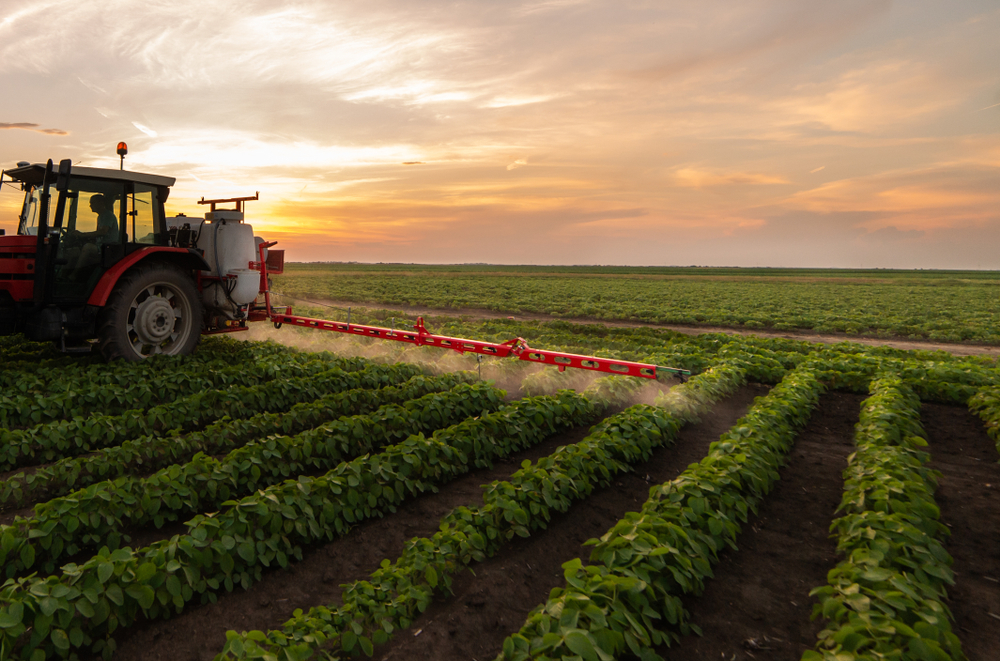
From October 31st to November 12th, the UN hosted its COP26 Climate Summit at Glasgow in the UK. During this time, world leaders, officials and interest groups convened to speak on the importance of environmental policy and pledge themselves to future commits that they’ll hopefully follow through on. The Caribbean region was no exception with many regional heads speaking, requesting and affirming commitments for their own nations as well. However, on the ground level, public perception on the event was mixed at best or uninterested at worst. Some saw it as a hypocrisy that a wealthy elite flew in private jets with carbon footprints the size of entire working class families to call for policies that would incur expense on said working class while declaring no sacrifice of their own. Others questioned how many promises would actually come to fruition once these leaders returned home. Regardless, this isn’t a topic the Caribbean region should be sleeping on. Here’s why.
We’re An Atlantis Waiting To Happen
The chain of islands comprising the Caribbean have a mixture of elevated highlands formed from years of volcanic and geological activity surrounded by low lying areas. The latter, especially areas near the ocean, are where most of the population dwells in many territories. A partnership study between the UNDP and CARIBSAVE noted that large swathes of the region’s islands actually exist below sea level. Indeed, Trinidad, an island which experiences frequent flooding, has nearly 80% of its flat land existing below sea level. What this means is, from a cross sectional perspective, these lands are basically giant bowls waiting to be filled once water comes along. Now imagine what would happen if sea levels rise by 1.1metres by 2100. In fact, consider what could happen at half that level.

Take The Initiative For Once Without Foreign Prompting
Of course, the Caribbean is in no position to strong arm the world’s top polluters like China, India and the US into cutting back their emissions overnight to stop this. What should be pursued instead is an immediate regional cooperation pact to begin coastal erosion mitigation works and other engineering investments for early prevention. This isn’t farfetched or impossible. The European nation of the Netherlands has been grappling with being mostly below sea level for centuries by heavily investing in a number of flood works both in effort to control fresh water sources and the ocean’s wrath as well. Almost every island nation would need to engage in this so the obvious solution is to pool resources and even set up a regional savings fund to be drawn from for such purposes.
It can begin with things as simple as seawalls, wave energy dispersal projects and then move on to more complex engineering works aimed at diverting water flows and protecting key areas of settlement from the encroaching seas. Indeed, the aforementioned experts in Europe’s Low Country can themselves be called upon and sought after for assistance. In fact, according to a piece by The New Yorks Times4, engineers from the Netherlands have proposed numerous solutions ranging from the expected to those which are extremely creative and aim to gradually transform established settlements into something akin to Venice.
Look To our Food Production
Flat, arable land is a luxury for many islands. Even the larger ones have the aforementioned problems of them existing below sea level or at the expense of wetlands. What this means is that food security is always a prominent yet unfortunately under discussed issue in the region. The prevalence of globalized trade has meant that imports can be relied on for many basic foodstuffs. Indeed, there’s nothing wrong with having a large variety of items to choose from. However overreliance is itself a matter of concern. While the Caribbean is not expected to farm everything it needs, rising sea levels and temperatures would make farming an even more challenging task in the years ahead. This isn’t even considering the drastic ecosystem changes which may occur leading to more pests and diseases.

Indeed, a recent case study from the UN Food and Agriculture Organization notes that not only would some pests proliferate in even greater numbers due to their predators being non-existent but the rise in temperature, even marginally, would weaken and alter the ability of some crops to withstand diseases. Any farmer worth his weight would know that a small change in temperature and soil makeup can easily lead to a crop being more susceptible to disease. In fact, the world is already experiencing this with crops such as bananas and maize. However we exist in a time of great technological advancement and scientific approaches to agriculture. The Caribbean should not wait on larger nations to offer it aid. Instead it should pool its great intellectual potential and resources to set up research units in its universities as well as tax breaks or incentives aimed at prompting Agri-Tech companies to invest or startup. Why should we pay top dollar for trademarked seeds and variants when we could develop our own resistant and hardy crop strains?
Tourism Is Still The Bread and Butter Of Many
Finally, the Caribbean still relies heavily on tourism. Previously we’ve discussed ways in which it can and should diversify away from this however a potentially lucrative source of income should never be abandoned entirely. Climate change threatens to unravel all of this with coral reefs already being bleached into non-existence, marine life retreating and terrestrial life being made sparse or overrun by invasive species when not being peppered by adverse weather, storms and floods. Tourism needs to adapt to draw customers based on service, experience and culture if largely reliant on the nature aspect. What can be preserved must be prioritized with local ecosystems being legally protected and maintained.
Regardless the Caribbean region would do well to think again and understand just how big a deal climate and environment is to it. It threatens both economy and existence with a worsening long term outlook unless action is taken.